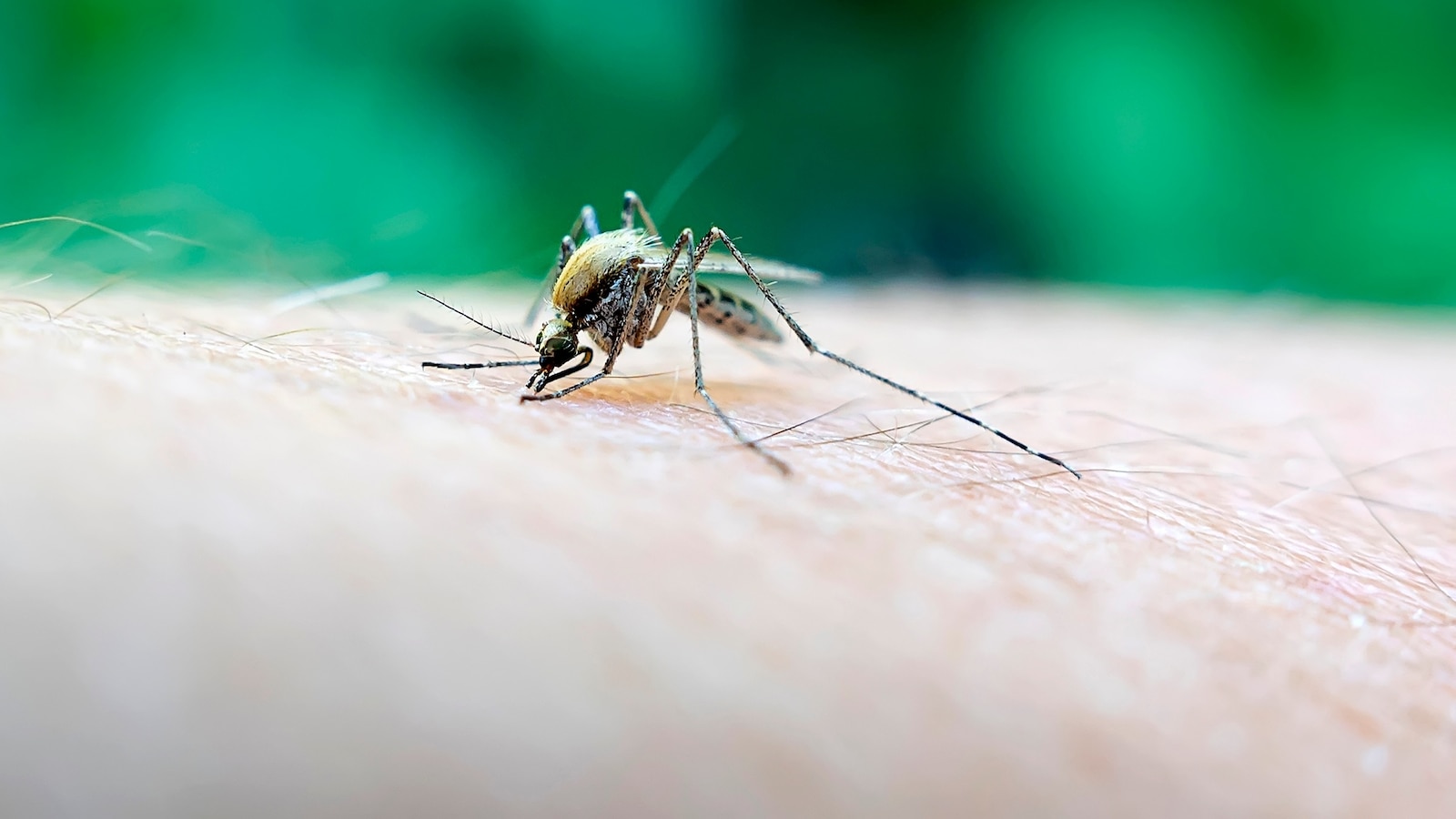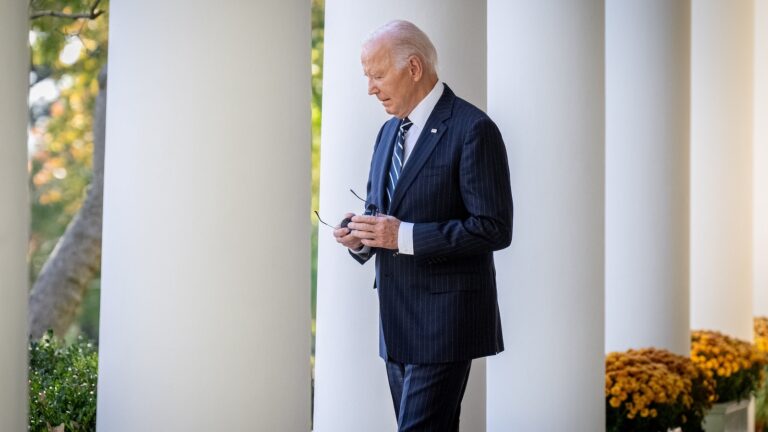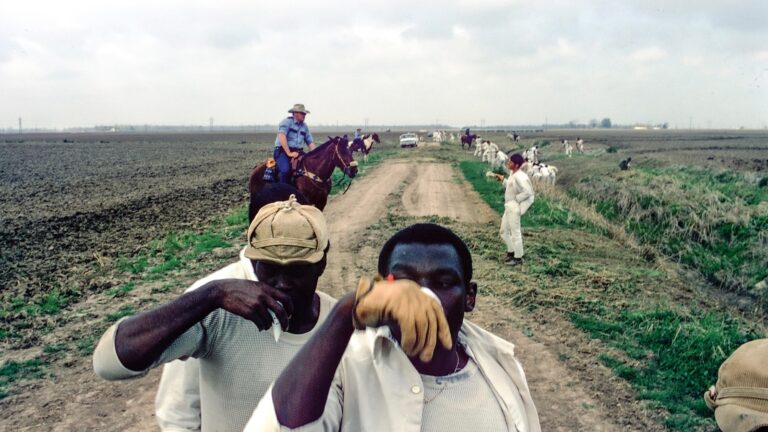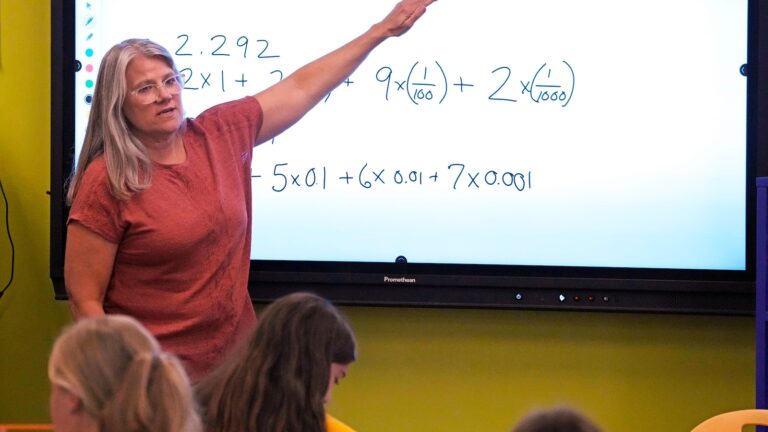A rare but deadly mosquito virus infection has Massachusetts towns urging vigilance
Residents in several Massachusetts towns are being urged to take precautions against mosquito bites after a rare but deadly virus infection was detected in the area.
The Eastern equine encephalitis (EEE) virus, which is transmitted to humans through the bite of an infected mosquito, has been found in several towns in Massachusetts, including Middleborough, Carver, and Lakeville. This virus is known to cause inflammation of the brain, leading to symptoms such as fever, headache, and in severe cases, seizures and coma. EEE has a mortality rate of around 50%, making it one of the most dangerous mosquito-borne diseases in the United States.
Officials in these towns are urging residents to take steps to protect themselves from mosquito bites, such as wearing long sleeves and pants, using insect repellent, and avoiding outdoor activities during dawn and dusk when mosquitoes are most active. They are also working to control the mosquito population by spraying insecticides and draining standing water where mosquitoes breed.
Despite the low risk of contracting EEE, the consequences of the virus can be severe, so it is important for residents to be vigilant and take precautions to prevent mosquito bites. This includes ensuring that window screens are in good condition, using mosquito nets while sleeping outdoors, and removing any standing water around their homes.
While there is no specific treatment for EEE, early detection and supportive care can help improve the chances of recovery. However, prevention is key in avoiding this potentially deadly virus.
As the summer months continue and mosquito activity remains high, it is important for residents in Massachusetts and other areas where EEE has been detected to stay informed and take necessary precautions to protect themselves and their families. By working together to reduce the mosquito population and prevent bites, we can help reduce the risk of EEE and other mosquito-borne illnesses in our communities.






